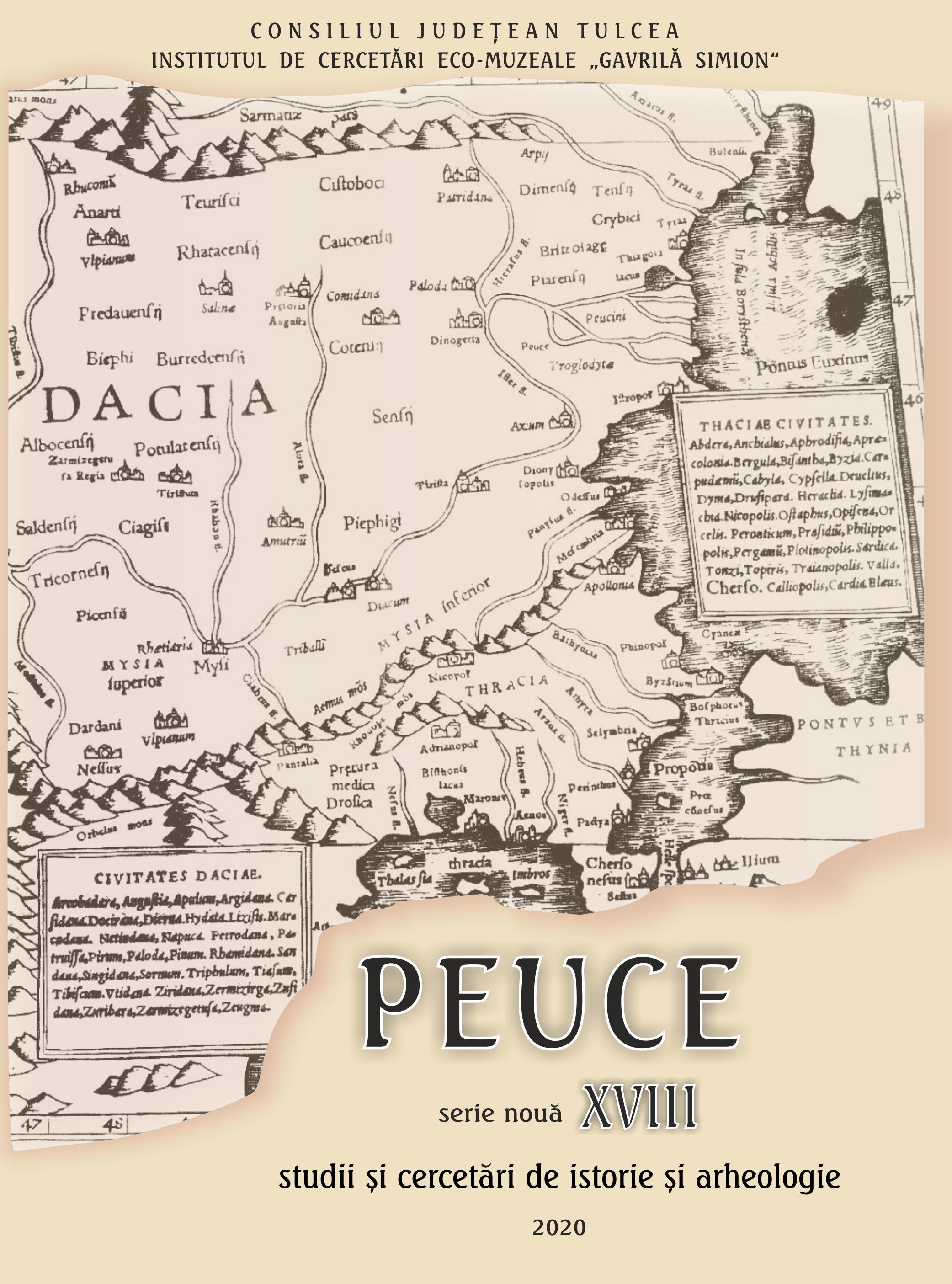A group of Heraclea Pontica amphorae from the Late Antique bone workshop at Prusias ad Hypium Theatre
A group of Heraclea Pontica amphorae from the Late Antique bone workshop at Prusias ad Hypium Theatre
Author(s): Emre OKAN, Ahmet BilirSubject(s): History, Archaeology
Published by: Institutul de Cercetari Eco-Muzeale Tulcea - Institutul de Istorie si Arheologie
Keywords: Turkey;Roman Period;Prusias ad Hypium;amphorae;
Summary/Abstract: The main issue of this paper is the study of a group of amphorae of Heraclea Pontica origin which have been found during the late antique workshop excavations in the ancient theatre of Prusias ad Hypium. According to Memnon of Heraclea, the ancient city of Prusias ad Hypium was established by the Greek immigrants who were founders of the ancient city of Heraclea Pontica. Although the city joined the Bithynian Kingdom during the reign of King Prusias I, the most brilliant and powerful age of the city was during the Roman Empire period. The ancient theatre is the best preserved ancient architectural ruin in the city, although today most of the ancient city remains are under the modern town of Konuralp. It seems to be a Greek theatre due to its location on the slope but the use of vaults and its semi-circular plan and dramatic multi-stores stage building reflect its Roman character. In this context, this theatre is a Greco-Roman building and thus, it can be accepted as a transitional form between Hellenistic and Roman theatres. The archaeological excavations which have been conducted in the theatre since 2013 brought to light several archaeological structures belonging to the period when the theatre was abandoned. Among these remains, a structure belonging to a late antiquity workshop (specialised in bone tools production) is important. The commercial amphoras, found among other ceramic categories inside the workshop, represent a group of finds that should be evaluated and constitute the subject of the present paper.
Journal: Peuce (Serie Nouă) - Studii şi cercetari de istorie şi arheologie
- Issue Year: 18/2020
- Issue No: 18
- Page Range: 333-355
- Page Count: 23
- Language: English

